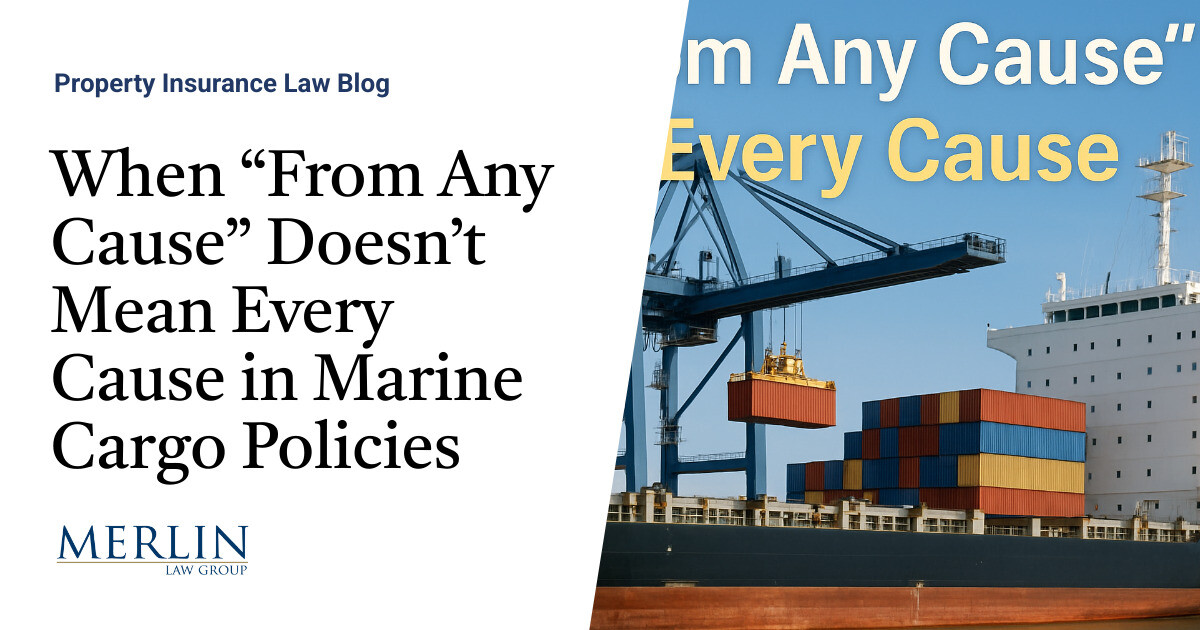Yves here. It is hard to underestimate the preening, self-destructive arrogance of Collective West leaders. Yanis Varoufakis gives a Europe case study below.
By Yanis Varoufakis. Originally published at Project Syndicate; cross posted from his website
Against the backdrop of the new cold war between the United States and China, the European Union’s top brass seems to be adding to the pressure on China by issuing credible threats in response to four grievances. Alas, the Chinese authorities are probably more amused than alarmed.
On the December 7, the presidents of the European Council and the European Commission, Charles Michel and Ursula von der Leyen, respectively, attended the 24th European Union-China Summit to convey a stern message to Chinese President Xi Jinping. In the eyes of European and American public opinion, and against the backdrop of the new cold war between the United States and China, the EU’s top brass seemed to be adding to the pressure on China by issuing credible threats in response to four grievances. Alas, the Chinese authorities were probably more amused than alarmed by what they heard.
The EU’s first grievance concerns “unbalanced trade.” Von der Leyen put it colorfully claiming that “for every three containers that go from China to Europe, two containers return empty.”
There is, of course, no doubt that sustained trade imbalances may well reflect a mercantilist strategy for permanent surpluses. But the EU accusing China of mercantilism is a bit rich. Over the past decade, China’s current-account surplus averaged 1.65%, while that of the eurozone averaged 2.24%. In the same period, the main engine of Europe’s economy, Germany, recorded an eye-watering 7.44% surplus
The EU’s second grievance is that China’s state aid amounts to dumping Chinese exports into Europe’s markets. Undoubtedly, such a grievance made considerable sense in the late 1990s and early 2000s, when, far from complaining about Chinese dumping, the EU – along with the US – were waxing lyrical about China’s induction into the West’s circuits of trade and capital. But why raise this grievance now that the charge of mercantilism has lost its basis in reality?
After all, Chinese batteries or electric vehicles (EVs) are competitive in Europe not because of subsidies but because of massive Chinese investment in their development. Today, Chinese
solar panels have achieved a quality that Europe simply cannot match – with or without state aid.
Volkswagen, one of China’s >largest domestic automakers, used to import German parts as well as industrial robots. Today, Volkswagen sources all the parts and capital goods it needs to produce cars in China from China, adding to Europe’s trade woes.
And it is not just the trade surplus that has been reversed. After relying for decades on German engineers to design its cars, Volkswagen is in the process of hiring up to 3,000 Chinese engineers for the next generation of all-electric cars that it plans to sell in China and in Europe. More broadly, since 2008, while the EU was imposing severe austerity across Europe, crushing investment in its industries in the process, China was boosting its investments to a world record ratio of almost 50% of its national income.
Blaming Chinese mercantilism only raises eyebrows, especially among German industrialists who spent the past 50 years arguing that Germany’ persistent trade surplus with the rest of the world reflected global demand for high-quality German products. Whatever von der Leyen says to China’s leaders, these same industrialists know that their Chinese counterparts making solar panels, batteries, and EVs have earned the right to make a similar claim.
Michel and von der Leyen’s third grievance is that European firms find it hard to secure Chinese government contracts. Together with the previous two grievances, these are the grounds on which EU officials have built their case for punitive measures against China’s exporters – in particular, high tariffs on EVs (and green tech more generally). But, while officials cite the formal investigation of Chinese EVs that is already underway in Brussels, it all seems unconvincing.
European industrial leaders to whom I have spoken privately admit that they view these threats as evidence of EU leaders’ panic at the realization that Europe has lost competitiveness in crucial fields. One rhetorically asked: “Does von der Leyen truly believe that the threat of tariffs on BYD’s EVs will boost [European] exports to China?”
To be sure, European firms complain about a skewed playing field in China, especially when it comes to government procurement. But they cannot see how this will change if, as a result of enormous US pressure, EU governments increasingly bar Chinese companies from their own procurement. “Not to mention,” one of them confided to me, “the fact that, ever since the pandemic, EU governments have themselves embraced state aid as if there is no tomorrow.”
The fourth grievance that Michel and von der Leyen laid at Xi’s door is that China was
threat of tariffs of the EU’s sanctions on Russia as part of a common front to end the Russian army’s brutality in Ukraine. Setting aside the question of the efficacy of sanctions, this charge merely exposes hypocrisy: Lambasting Putin’s bombardment of hospitals and targeting of Ukraine’s water, electricity, and food supply (as we all should) while staying silent as Israel does the same, and arguably much worse, in Gaza.
Of course, it is not hypocrisy that is causing Europe to hemorrhage capital and lose its current-account surplus. The EU’s inane handling of the inevitable euro crisis a decade ago saw to that. Record-breaking levels of
austerity, coupled with massive money printing and a chronic failure to establish a banking and capital-markets union, ensured that for the next 13 years, Europe would have an unprecedented amount of money in its financial circuits and unprecedentedly low investment in the technologies of the future. This is why Europe is falling behind both the US and China. Responding with subordination to America and empty threats aimed at China is both sad and futile.






































